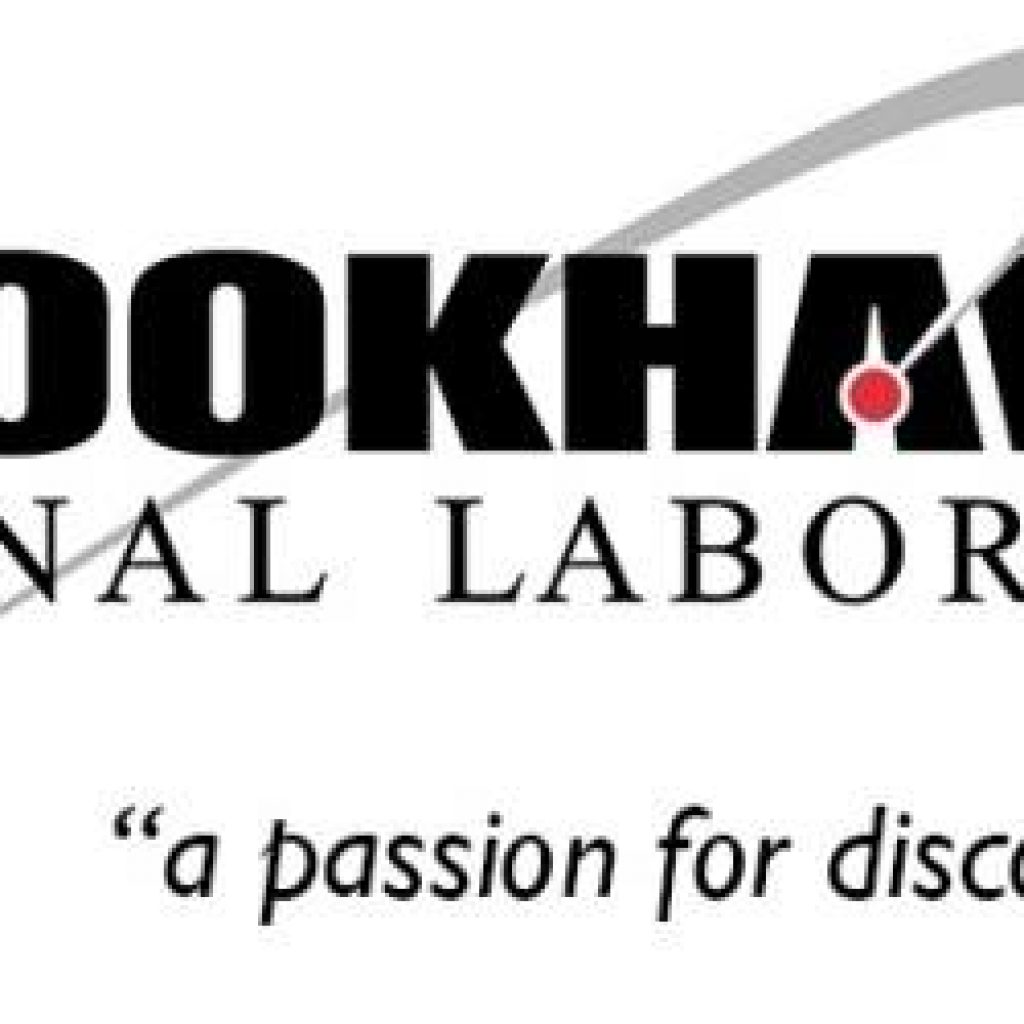(HPCWire) The U.S. Department of Energy’s (DOE) Princeton Plasma Physics Laboratory (PPPL) has joined the Brookhaven National Laboratory-led Co-design Center for Quantum Advantage (C2QA) as an affiliate member. Inside Quantum Technology summarizes below.
PPPL is the first institution to join the Center’s affiliates program, which was recently launched by C2QA to network with institutions whose interests and focus serve to advance scientific and technological innovations in quantum information science (QIS). PPPL joins Brookhaven’s 24 existing partners in the Center, which was formed in 2020.
C2QA is one of five DOE Quantum Information Science Research Centers established in support of the National Quantum Initiative Act, which aims to develop the full potential of quantum-based applications in computing, communication, and sensing to benefit national security, economic competitiveness, and leadership in scientific discovery. C2QA’s primary focus is on building the tools necessary to create scalable, distributed, and fault-tolerant quantum computer systems.
“Maintaining quantum coherence requires a level of materials characterization and purification that is significantly more demanding than any other field. This new affiliation allows us to take advantage of PPPL’s expertise in plasma-based growth of quantum diamonds to accelerate C2QA’s work in distributed quantum computing,” said Andrew Houck, C2QA director and joint appointee at Brookhaven and Princeton University, where he is a professor of electrical and computer engineering. “C2QA is committed to adding affiliates to the collaboration where new relationships can be developed and further build the QIS networking ecosystem.”
“PPPL will focus on plasma-assisted synthesis and doping of quantum-grade diamond,” said David Graves, associate laboratory director for low-temperature plasma surface interactions and a professor in the Princeton Department of Chemical and Biological Engineering. “We will couple these efforts with C2QA expertise in quantum characterization, materials spectroscopy and quantum information science,” Graves said. “In this way, we anticipate that the collaboration will ultimately lead to improvements in the purity and quality of plasma-grown diamond substrates for quantum applications.”
Sandra K. Helsel, Ph.D. has been researching and reporting on frontier technologies since 1990. She has her Ph.D. from University of Arizona.
